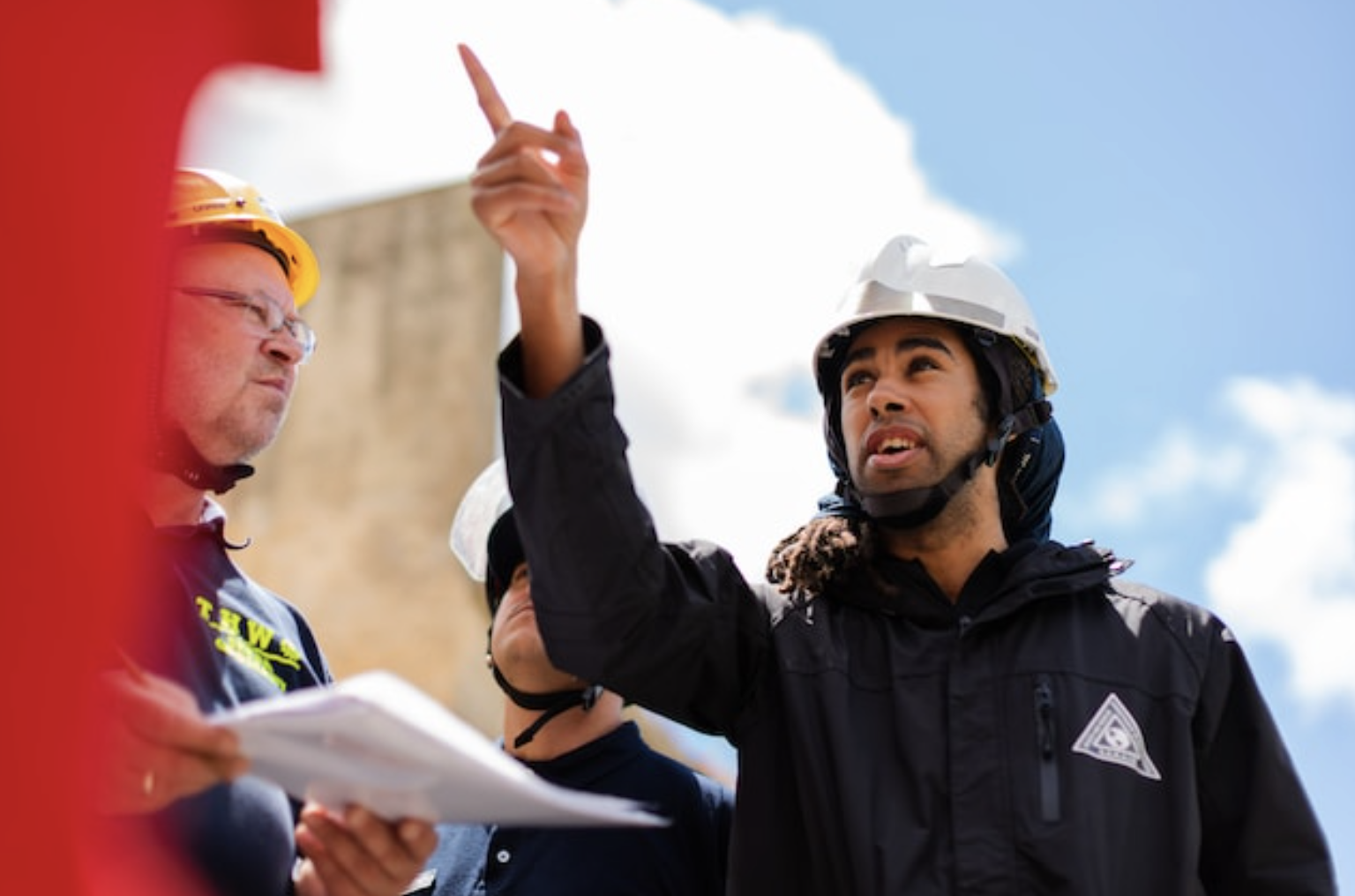Neurodiversity Drives Success When Workplaces Adapt, Says APM Study
Analysis from the Association for Project Management suggests that neurodivergent staff could help businesses become more successful if workplaces were more...
Read Full Article
A report commissioned by The National Federation of Builders shows that neurodiversity is not only common amongst construction workers, but being neurodivergent is actually encouraging people to pursue a career in construction.
In conjunction with CITB and the People’s Partnership, The National Federation of Builders (NFB) surveyed 1,000 UK adults working in construction.
The report shows that the construction sector is mostly supportive of neurodivergent employees, with a significant number of employers proactively making adjustments and providing additional support.
One in four construction workers consider themselves to have a neurodiverse condition, with 17 per cent (of all) receiving a formal diagnosis, higher than the estimated number in the general population.
ADHD is the most common neurodiverse condition amongst construction workers, accounting for 54 per cent of all those neurodivergent workers. 32 per cent of neurodivergent workers reported that they were autistic and 31 per cent dyslexic.
34 per cent of neurodivergent workers said that their condition made them want to work in construction more, compared to only 5 per cent who said less.
75 per cent of construction workers say they were not asked about neurodiversity during hiring or onboarding, indicating a possible lost opportunity to offer support
36 per cent of neurodivergent construction workers have not told anyone at work about their condition, with 31 per cent saying it is because they are worried about the stigma attached to their condition, 26 per cent worry that they may be viewed differently at work and 24 per cent say they are embarrassed about their condition.
Danny Clarke, Commercial Director National Federation of Builders commented: “Significantly, this paper emphasises the positive experiences of neurodiverse workers. The majority of people that disclosed their condition reported receiving reasonable adjustments and additional support, while 76% described positive interactions with their colleagues which is a reminder of the nature of the industry.
“However, it is worrying to note that many workers have not revealed the condition to anyone at work, with concerns about both stigma and prejudice being a barrier. This underlines the need to provide greater awareness and education for all around the nature of neurodiversity, as well as taking greater steps to provide proactive efforts to create a culture of inclusion and support in our workplaces including throughout the recruitment and onboarding stages.”
Although building designers and planners have historically focussed on a neurotypical experience of the built environment, in recent years some design standards have been produced to ensure our buildings are more suitable for those with neurological differences.
Introduced in 2022, PAS 6463, “Design for the Mind – Neurodiversity and the Built Environment” applies to buildings and external spaces for public and commercial use, as well as residential accommodation for independent or supported living. In 2023, RIBA published new guidance to ensure that inclusion and accessibility are considered at every stage of the design and construction process.
Picture: a photograph of people in discussion, all wearing protective hard hats. One person is pointing upwards, and another is holding some paperwork. Image Credit: Unsplash
Article written by Ella Tansley | Published 10 August 2023
Analysis from the Association for Project Management suggests that neurodivergent staff could help businesses become more successful if workplaces were more...
Read Full ArticleShane Manogue, CEO of W12 Group and Lovit Technologies, has been named as a Diversity in Construction Ambassador for 2023’s London Build Expo. Shane met up with...
Read Full ArticleThe Royal Institute of British Architects has published new guidance to ensure that inclusion and accessibility are considered at every stage of the design and...
Read Full ArticleChurchill Group has marked Neurodiversity Celebration Week 2023 by signing the Neurodiversity in Business charter and inviting Bianca Angelico to speak about her lived...
Read Full ArticleIn this Spotlight Interview, we speak to psychologist, entrepreneur and workplace wellbeing specialist Lee Chambers. Lee Chambers is the Founder of Essentialise...
Read Full ArticleA new building design standard has been created to ensure that the built environment is accessible to both people with physical disabilities and neurodivergent people...
Read Full ArticleAccording to a report by the British Council for Offices, those who belong to the neurodiverse community are currently unsupported in the current employment...
Read Full ArticleThe business case for a more accessible travel experience is clear – but how can built environment professionals make public spaces such as airports less stressful...
Read Full ArticleCompass Group UK & Ireland has partnered with Tower Project JET Service to support people with learning disabilities and autism. According to NHS...
Read Full ArticleAiming to promote inclusive and measurable wellbeing to SMEs, Lee Chambers is sharing his experience of accessing corporate wellbeing as a young black...
Read Full Article